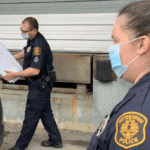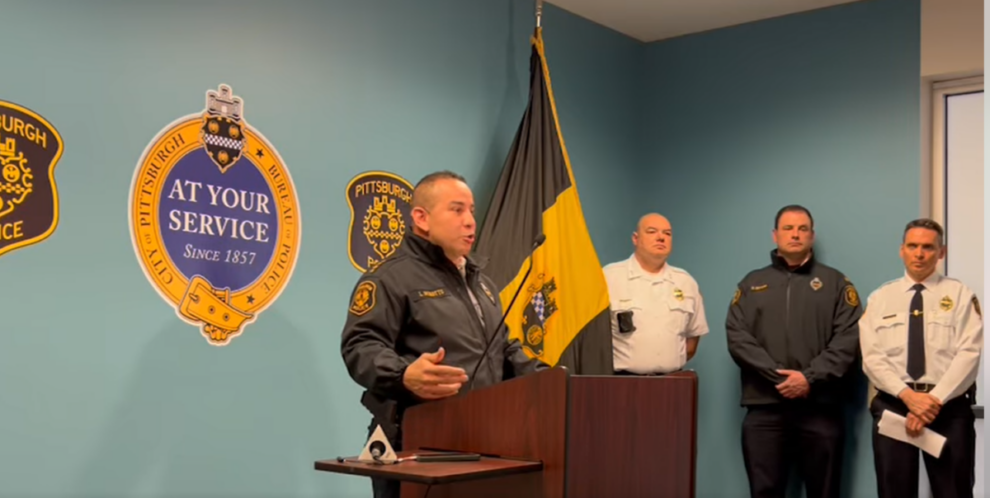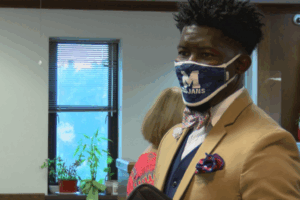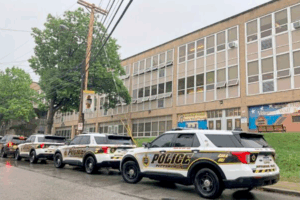Police officers in Pittsburgh responded to fewer 911 calls in 2023 than in previous years. A combination of budget cuts and fewer uniformed officers is making it difficult for the city’s police department to fully staff the city 24 hours a day.
As a result, according to the department’s public information officer, police will only respond to “priority” calls. Situations considered “priority” include “shots fired, panic alarms, domestic violence, automobile crashes with injuries, and other incidents where “a suspect may be on-scene.”
The prioritization of responses is an effort to reduce the number of call volume from 200,000 calls to around 50,000 in-person responses annually. Any calls for non-priority incidents, like theft, harassment, and criminal mischief will be taken either via a telephone system or online.
The number of uniformed officers has also dropped significantly. While the city typically aims for 900 officers, the size of the force has contracted to 760, according to The Center Square. A study commissioned by the city last year suggested the size of the department was “adequate”, despite protests from the police union that it was “crisis-level.”
Police recruitment shortages continue to plague the nation as violent crime spreads through cities. Pittsburgh Police Chief @ChiefScirotto joins the #FOXNewsRundown to discuss the changes his department has had to make due to losing too many officers. https://t.co/Hb6gUss06T pic.twitter.com/PVnF7ucziE
— FOX News Radio (@foxnewsradio) March 28, 2024
At the height of the “Defund the Police” movement in 2020, the city council froze hiring and diverted a tenth of the police budget to social programs. Coupled with a “lack of respect” for police officers and “political cynicism” of policing in general, more officers are resigning or retiring. To further compound the problem, current officers are discouraging their children from becoming police officers, a profession that has a history of being a family calling.
Pittsburgh is hardly the only city struggling with recruitment. Nationwide data shows resignations and retirements rising while recruitment classes shrinking since 2019.
Retired police chief M. Douglas Scott wrote in The Daily Signal that a “knee-jerk reaction” in cities across the country after the death of George Floyd have caused ripple effects in retention and recruitment. Among those ripple effects is a politically precarious situation for incumbent Democrat Sen. Bob Casey, who was on the receiving end of criticism by police union heads for support of his campaign from groups the union presidents called “alarming and extremely dangerous.” Indivisible Philadelphia and Pennsylvania Indivisible, two groups which have called for defunding police departments, endorsed Casey’s reelection bid.
Crime is sure to play a role in the upcoming election. The latest polling shows former President Donald Trump is more trusted by Pennsylvania voters than President Joe Biden to handle crime by a margin of nine points.











